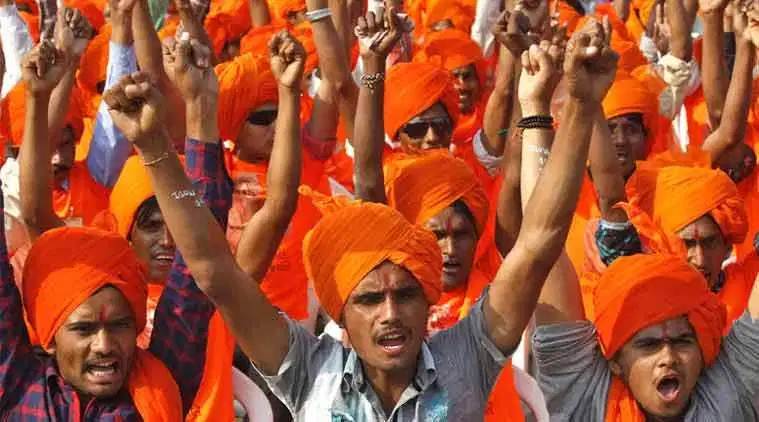 However, even if BJP has won majority of the seats in parliament, it does not mean that it is a success of Hindutva, says Bhattacharya. (Representational Photo)
However, even if BJP has won majority of the seats in parliament, it does not mean that it is a success of Hindutva, says Bhattacharya. (Representational Photo)
A professor of Political Science at University of Burdwan in West Bengal, Dr Harihar Bhattacharya spoke to The Indian Express about the political undercurrents in the country, the new amendment in the Citizenship Act and the incumbent government.
Kindly tell us about your journey so far.
I did my PhD from London School Of Economics and Political Science in UK. I have received several international scholarships and have acted as an expert in Indian academic conflict revolution. I was also involved in the making of the Constitution of Nepal as an expert. I have three decades of experience in the field. I am an expert specially in Indian federalism. My most recent book is titled ‘Radical Politics and Governance in India’s North East- The case of Tripura’ which got published in 2018. I have also co-authored ‘Politics and Governance in Indian states’ with Subrata Mitra. My other books include Federalism in Asia: India, Pakistan and Malaysia, Making Local Democracy Work in India: Social Capital, and Politics and Governance in West Bengal.
What do you think about the scenario of politics in states of India?
The states have been given enough freedom and the states have a tough competition, but they care more about their own states rather than thinking of the neighbouring states. They are now working with the multinational companies to invest in their states and become trade partners with them and the centre does not interfere which is where they have power. Thus, this is a challenge for the Chief Ministers that they cannot just squander public money and their activities are now taken into consideration. They have to work towards development and get more and more funds for it on their own. This is healhy.
As most of your work is based in Bihar, Tripura and West bengal, what do you think about radical politics in Bihar?
Bihar, Jharkhand, Uttar Pradesh and West Bengal’s borders with Nepal have a red corridor, which is a result of communal-caste oppression. The region’s dominant landowners used to oppress the marginalised people. However, things have been looking better since Nitish Kumar came in power in 2005. The state has been growing at a fast and our statistics say that it is the fastest growing state in India. Till now, we have not heard of any instance about his involvement in his corruption. Further, the way he dealt with people in jail, the pact he made, is commendable.
The current state of Bihar is often compared to Lalu Prasad Yadav’s regime, and not other states. Why?
I think it is because, the only good thing that Lalu did in his regime was that there was no communal riots. He protected the rights of Muslims and Dalits and that was a remarkable achievement, no doubt. However, at the end of the day, people have to eat and work. My statistics says that Bihar is developing and this is not government data, which has never been reliable for me.
You gave a lecture on ‘Challenges of citizenship and nation building’. What is your opinion on CAA?
I think the issue is very sensitive issue and it shows that the country is moving away from secularism, that is for sure. They want to discriminate on that basis of religious communities. However, I feel the country should talk about bigger issues, as the CAA is not concerning people living in the country, it is secondary. People should talk about the wider issues like unemployment, among others.
What do you think about Hindutva and the policies of the current government?
I will not make a comment on the current government. However, even if BJP has won majority of the seats in parliament, it does not mean that it is a success of Hindutva. Who is a hindu- that still remains a question. Within the Hindu community, hindu hate other hindus and that is the same with the Muslims. I think hindutva has no future in a country like India and it does not hold any ground. It is a diverse country and diversity will bring down such propositions everytime.